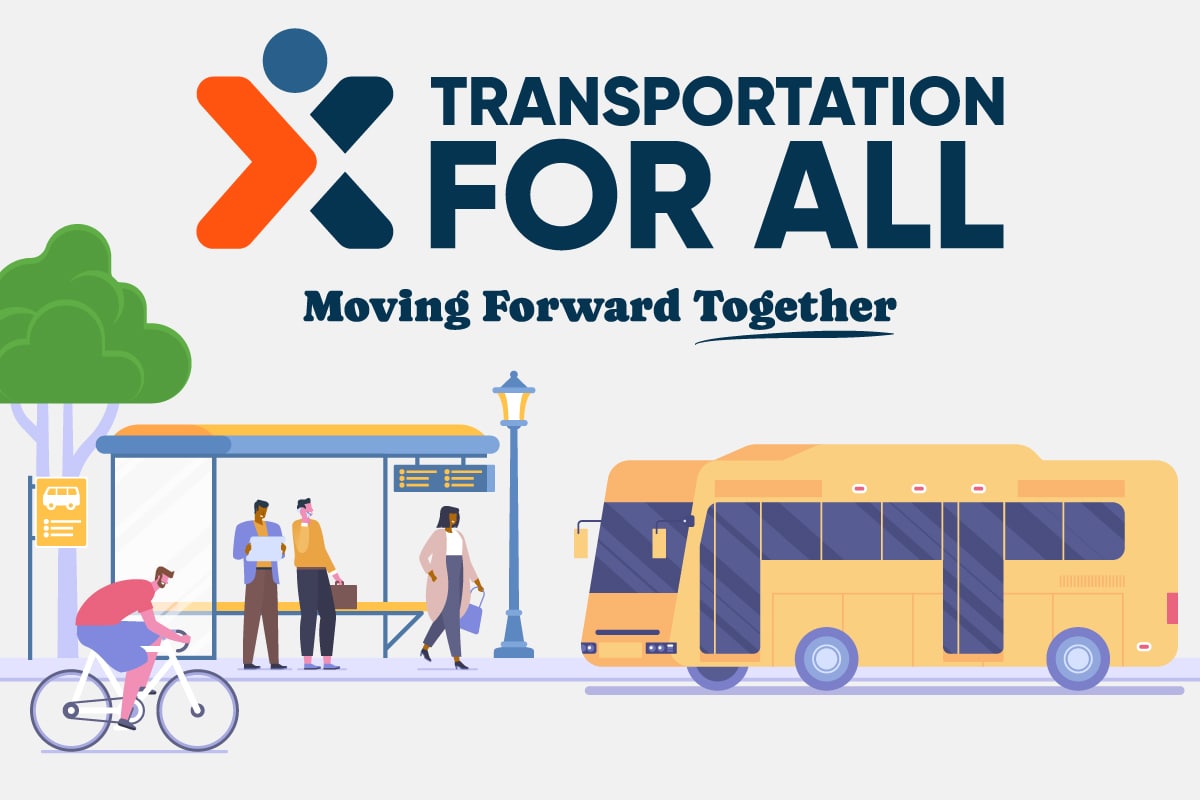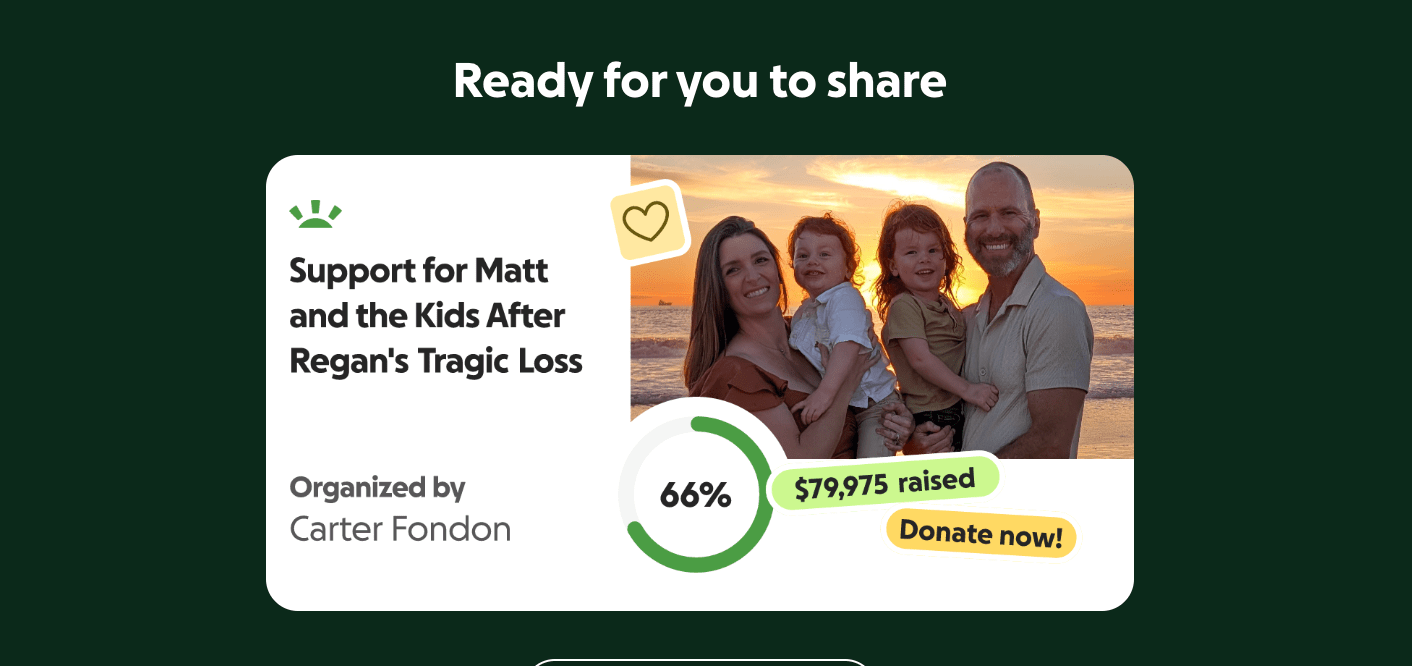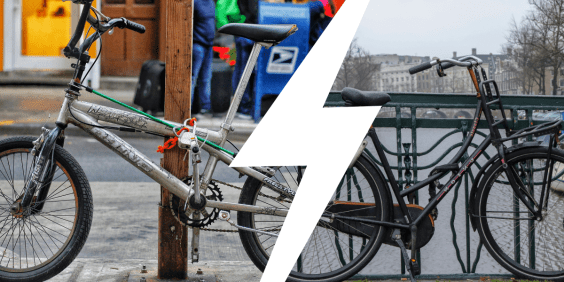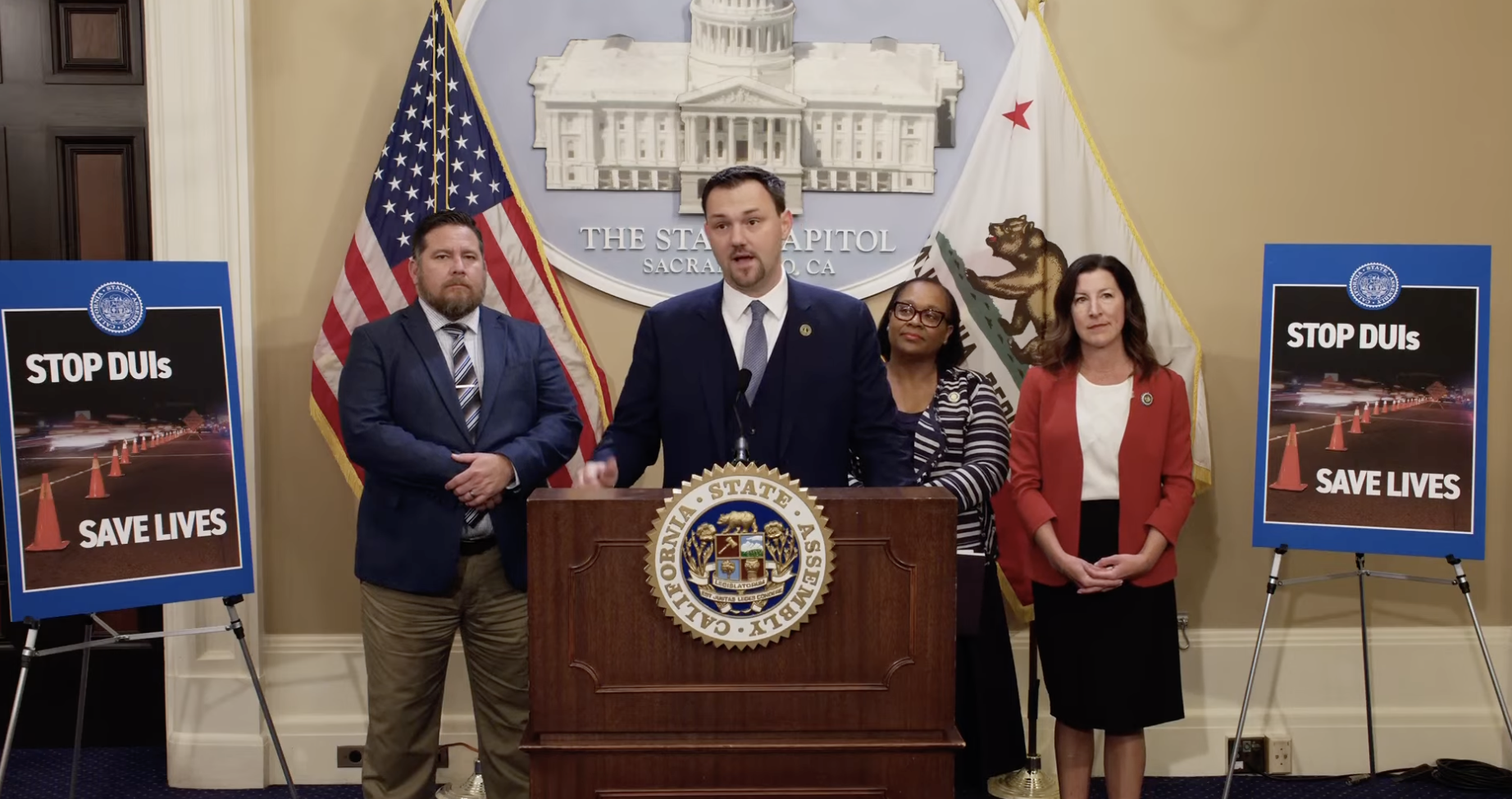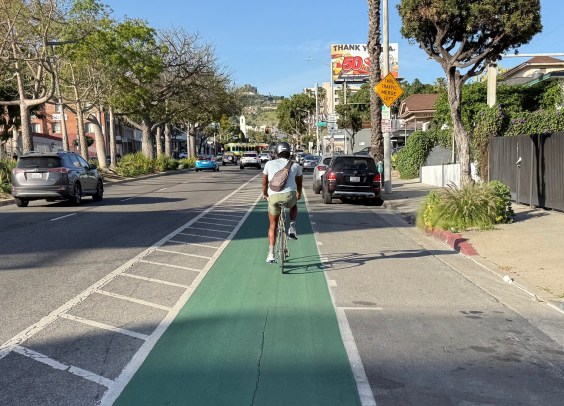In the past five years, at least six New Yorkers have been killed, and many others injured, by truck drivers working for private trash haulers. Labor and environmental advocates have a plan they say will reduce these deaths by cutting down on inefficiencies in private trucking routes. They are meeting resistance from the waste hauling industry, which says safety can be improved without changing the current system of contracting.
The de Blasio administration is now studying the issue. What will City Hall do?

Garbage collection in New York is split in two parts. One piece is covered by the Department of Sanitation, which handles residential and government buildings. The other belongs to a constellation of more than 250 private haulers, which contract with individual businesses to collect commercial garbage. The private haulers cart more than half the city's trash.
The system for private trucking companies results in a lot of geographic overlap, with multiple contractors serving customers on the same block. In addition, private haulers often don't use the nearest transfer station, instead driving across town to a facility where the company has a contract. Most of those transfer stations are in environmentally-burdened neighborhoods in the South Bronx, North Brooklyn, and southeast Queens.
It all adds up to a lot of unnecessary mileage for big, dangerous vehicles, generating pollution, congestion, and danger for pedestrians and cyclists.
Making matters worse, drivers of private trash trucks have an incentive to rush across town to keep on schedule. Some companies stretch their workers thin, advocates say, giving employees too many pick-ups across the city and not enough time to complete their overnight shifts, leading to reckless driving and drowsy drivers.
"No driver out there wants to break the law," said Plinio Cruz, who has worked as a trash hauler for 10 years and is an organizer with Teamsters Joint Council 16. "The amount of work they have to do in a night, they're going to have to take shortcuts, they’re going to have to run a red light, they’re going to have to drive on the opposite side of the street."
A report prepared for DSNY by Halcrow Engineers in 2012 backs this up. It found that while companies typically "operate very efficient routes" to reach their far-flung customers, drivers often used “illegal right turns on red" and violated "one-way street restrictions” to speed up their shifts [PDF].
Enter the Transform Don't Trash coalition, which includes members of the New York City Environmental Justice Alliance, New York Lawyers for the Public Interest, union-backed policy and organizing shop ALIGN, and the Teamsters. They say the city should rewrite the rules for private trash haulers and have companies bid for long-term contracts to serve specific neighborhoods.
Not only would this system reduce truck mileage, advocates say, it would allow the city to more easily set and monitor labor and other standards, like how often old trucks must be replaced.
Advocates point to other cities that have opted for this model in recent years, including Seattle, San Jose, and Los Angeles, where an environmental impact report projected that truck mileage will fall 2 percent after franchising is adopted [PDF]. If Los Angeles didn't require additional trips for organics and recyclables under its new system, the reduction in mileage would be 16 percent, or 1.7 million miles each year.
“Less truck mileage means less trucks on the road, which should in turn mean less opportunity for crashes to happen," said City Council Sanitation and Solid Waste Management Committee Chair Member Antonio Reynoso. “We want to eliminate truck mileage from the streets."
Trucks make up just 3.6 percent of vehicles on the road in New York City, but account for 12.3 percent of pedestrian fatalities and 32 percent of bicyclist fatalities, according to city data compiled by U.S. DOT. Even when adjusted for driving mileage, private haulers have a higher fatality rate than other truck drivers -- two-thirds higher than DSNY drivers, according to a 1999 analysis of city traffic fatalities by Charles Komanoff.
More recent data -- covering not just safety, but also how much private haulers drive -- is hard to find. Last month, the Business Integrity Commission, which regulates private haulers, required the companies to hand over data on routes and schedules. The number-crunching is part of a study of solid waste inefficiencies the de Blasio administration announced as part of its OneNYC environmental agenda.
The industry says any problems can be addressed without a franchise system, which it says will cost more than the current arrangement and favor a handful of larger operators. “We know how to route trucks. We know how to be efficient. To think that you’re going to get more efficiency from a government-imposed system, that doesn’t make sense to us," said Steven Changaris, northeast regional manager for the National Waste and Recycling Association. "The issues of safety and the issues of truck miles are just as easily solved under the current system."
Changaris also pointed to his association's support for the City Council's recent bill requiring side guards, as well as weekly safety newsletters and voluntary additional driver certification the organization offers to its members.
The de Blasio administration says its report will be released next spring. Advocates hope for action from the City Council and the administration soon after.
